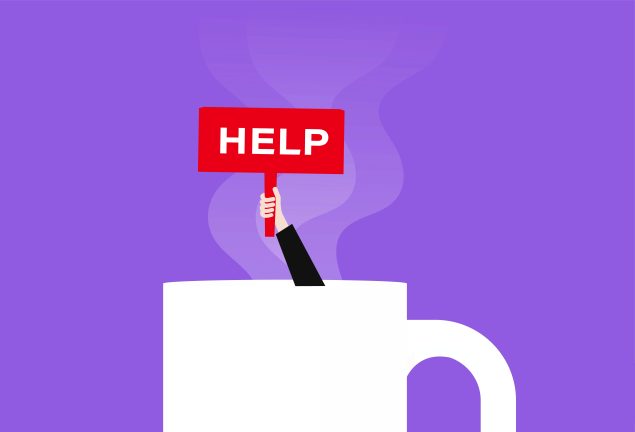Online Training – Understanding and Preventing Burnout among Public Health Workers: Guidance for Public Health Leaders

Image by tommy/Getty Images
Managers and supervisors can play a big role in reducing and preventing burnout. Public health workers experiencing burnout often feel exhausted and cynical. Working in a distressing environment can strain a person’s physical, emotional, and psychological well-being. Workers with burnout are more likely to experience mental health conditions like anxiety and depression. Burnout can also impact employee retention. Workers experiencing burnout may be less engaged at work and choose to leave their job or public health altogether.
Improving workplace policies and practices is the best way to address burnout. While individual-level solutions like self-care and resilience training may help, making organizational changes is necessary. For this reason, managers and supervisors must take action to address this issue.
In this online training, public health supervisors can learn strategies to prioritize employee health and well-being and prevent burnout.
- The training is modular, so public health supervisors can fit it into their busy schedules.
- Each module takes about 15-30 minutes. Modules are organized into three units, for a total of 3.5 hours.
- Continuing education credit is available at no cost.
This training is for:
- Managers and supervisors in state, tribal, local, and territorial health departments
- Senior leaders, managers, and supervisors in public health-serving organizations
Meet the Instructors
Dr. Chris Cunningham is a Guerry Professor and UC Foundation Professor of Psychology at The University of Tennessee at Chattanooga (UTC), where he directs the top-ranked MS degree program in Industrial-Organizational and Occupational Health Psychology and the Healthy and Optimal Work research and applications lab. Chris also holds an adjunct clinical assistant professor position for research and evaluation at the University of Tennessee College of Medicine-Chattanooga and is the Chief Science Officer for Logi-Serve (a provider of science-based talent assessments and talent management technologies).
For nearly 20 years, Chris has taught seminars and presented workshops addressing: (a) organizational and occupational health psychology research and applications, (b) applied psychological consulting skills and ethics, (c) organizational development, design, and change, (d) career development, and (e) research and statistical methods. Chris is the co-author (with colleague, Kristen Black) of the Essentials of Occupational Health Psychology text, published through Routledge/Taylor & Francis in 2021
Dr. Kristen Jennings Black is an associate professor in the Psychology Department at the University of Tennessee at Chattanooga. She received her PhD in industrial-organizational psychology with a specialization in occupational health psychology from Clemson University. She has conducted research in occupational health for over 10 years, with a focus on worker health, workplace stress, and supportive resources. She has a specific interest in workplace climates and perceptions around stress and recovery. She has published empirical studies in many occupational health journals and co-authored, Essentials of Occupational Health Psychology, a text which provides an empirical overview and practical applications of the field. In addition, she is involved in working with local companies in her community to support worker health and is involved in organizations such as the Society for Occupational Health Psychology and Society for Industrial and Organizational Psychology.
